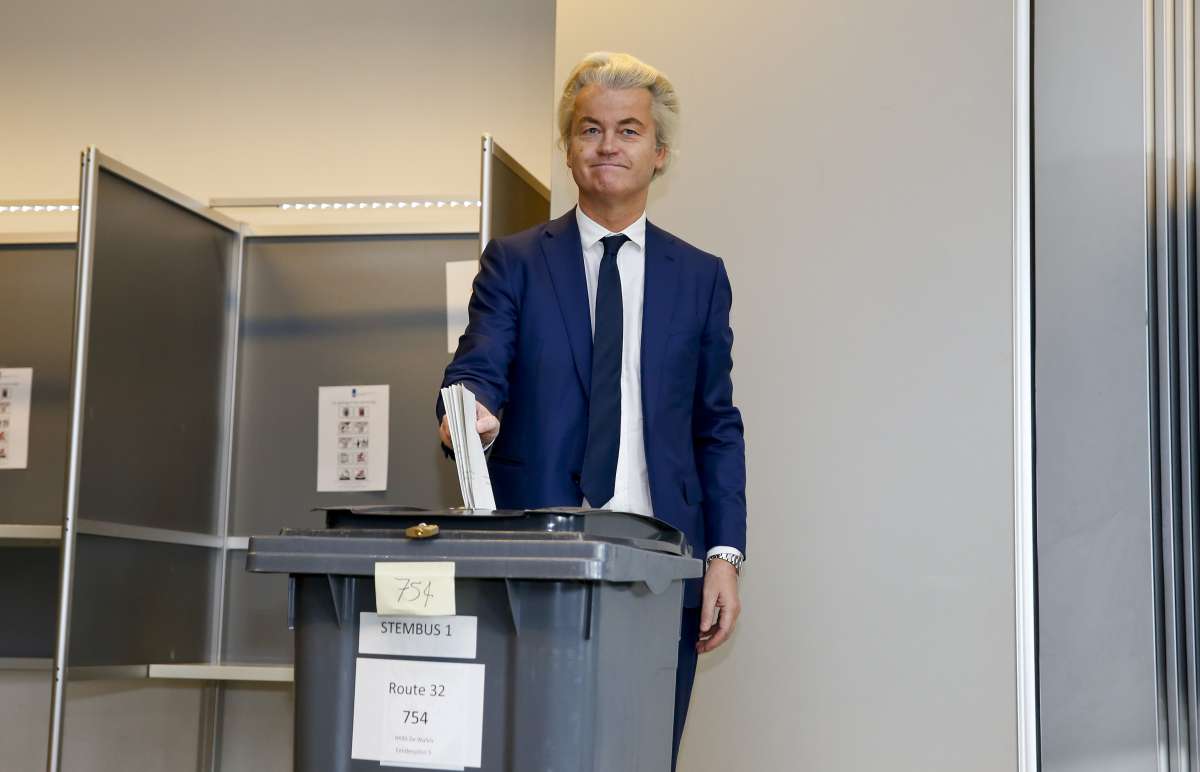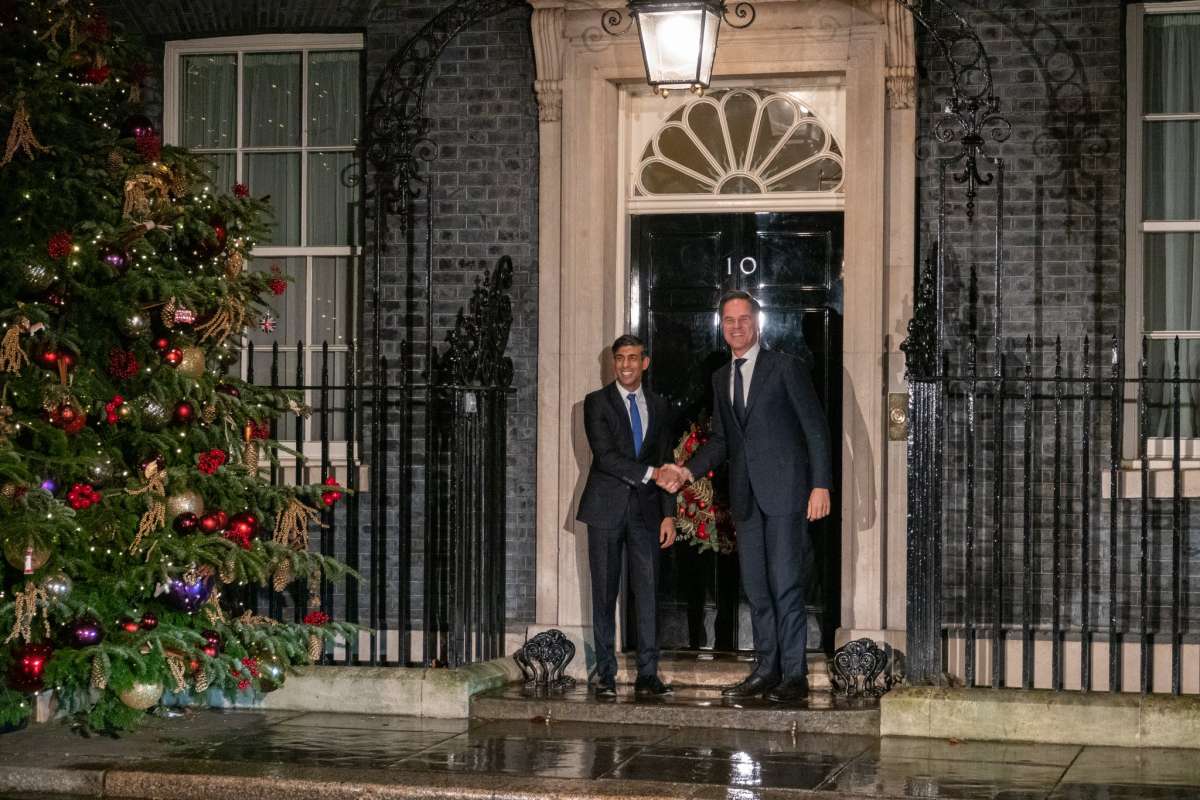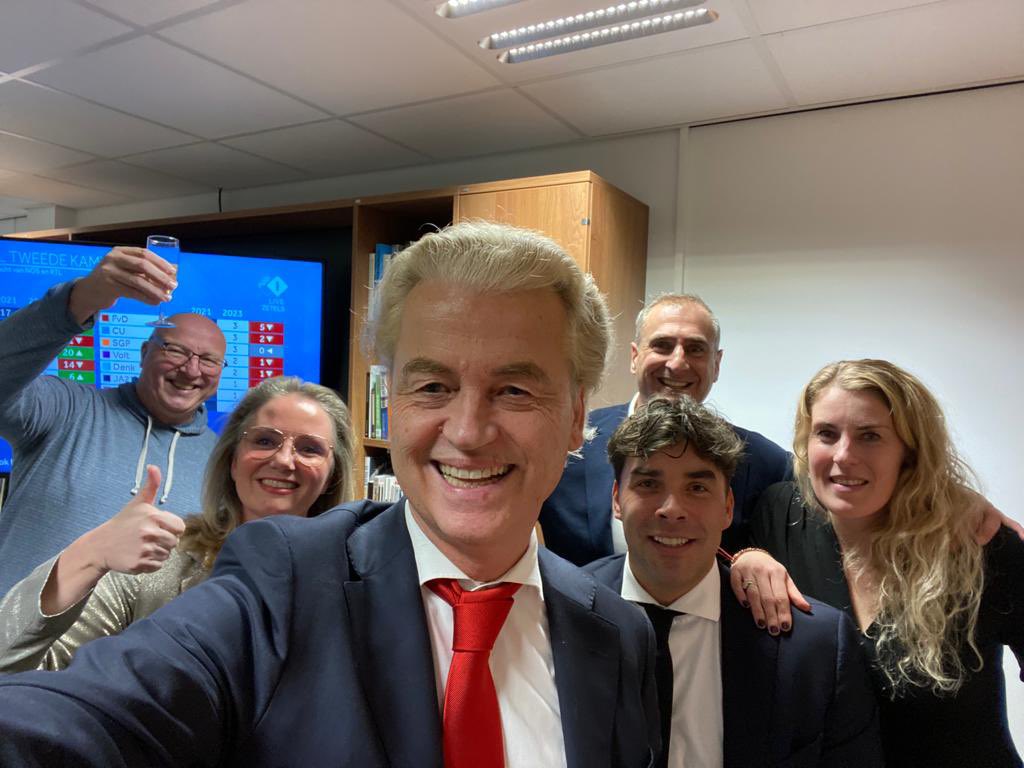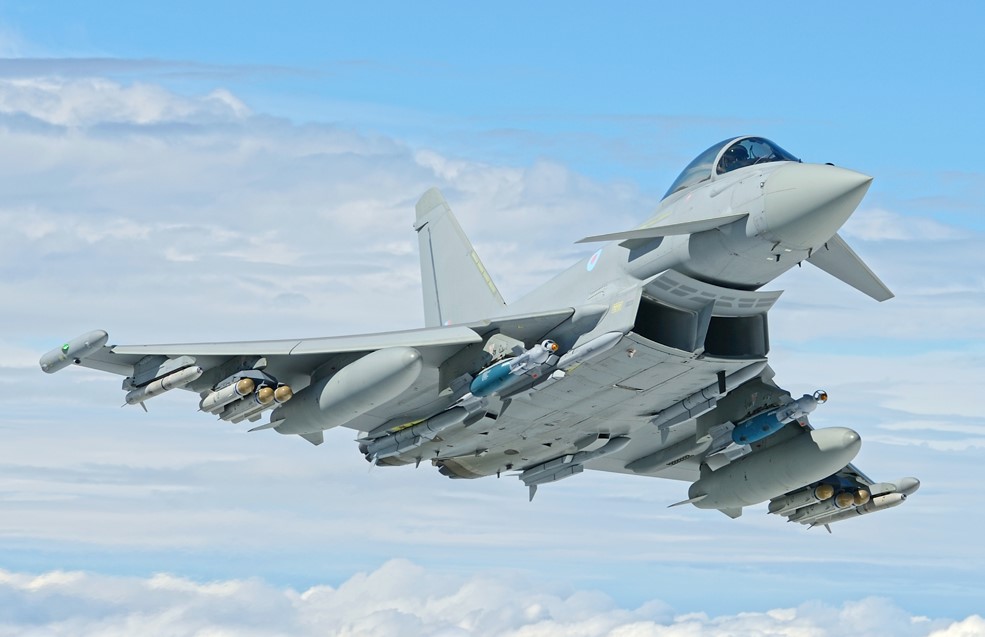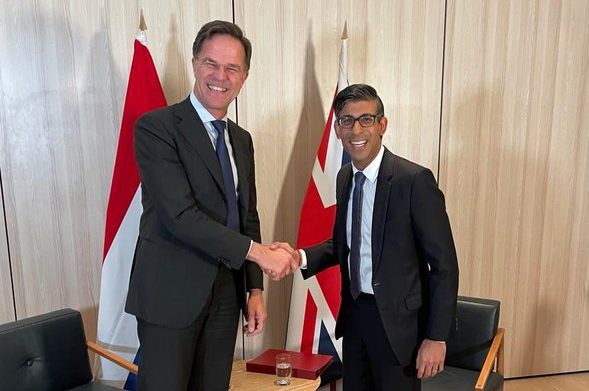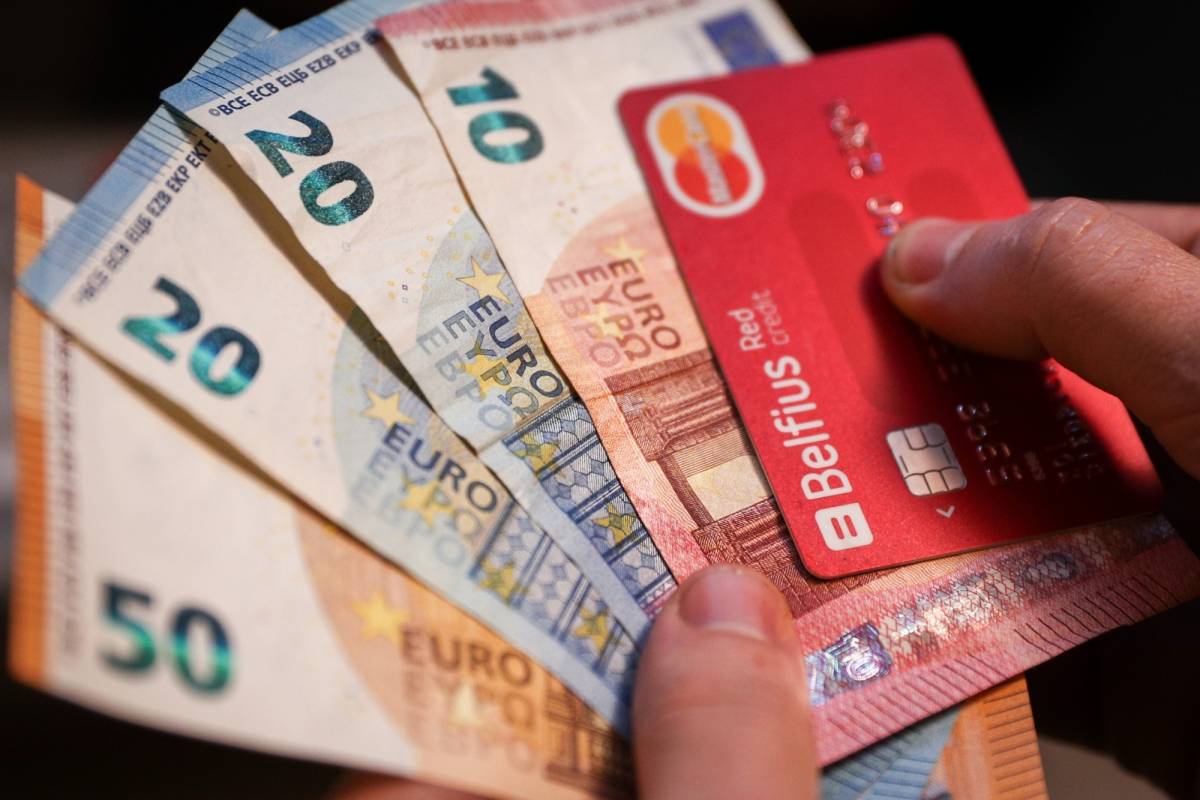A new person, known in the Netherlands as an “informer,” was appointed to oversee the talks and this appears to have unblocked the stalemate…reports Asian Lite News
Dutch far-right leader Geert Wilders said Wednesday that he would not be prime minister despite his stunning election win in November, due to a lack of support across the political spectrum.
“I can only become Prime Minister if ALL parties in the coalition support it. That was not the case,” Wilders said on X.
“The love for my country and voters is bigger and more important than my own position.”
The announcement came on the eve of an eagerly awaited report on Dutch coalition talks, amid speculation of a breakthrough that could result in a technocratic government.
The man overseeing the negotiations, Kim Putters, has said the bickering parties were ready to take the “next step” after two days of “good and intense” talks at a country estate.
Wilders posted on X that he wanted a “right-wing cabinet… less asylum and immigration. The Dutch come first.”
Party leaders have been tight-lipped during the process but public broadcaster NOS reported that the most likely outcome for Thursday’s report was an “extra-parliamentary” or technocratic cabinet.
It is unclear exactly what form this could take, but it is expected that four party leaders will serve as MPs.
Parties would appoint the members of the cabinet but they could be drawn from “ordinary” party members or even from outside politics, according to media reports.
Wilders stunned the Netherlands and Europe with a convincing victory in November elections that put him in pole position to lead coalition negotiations.
Unlike Britain, France or the United States for example, the Netherlands has a very fractured political system that means no party is strong enough to govern on its own.
The far-right leader’s Freedom Party (PVV) therefore started talks with the center-right Liberal VVD party, the BBB farmers’ party, and a new party, the New Social Contract (NSC).
The NSC, led by anti-corruption champion Pieter Omtzigt, was the other new factor in the election, gaining 20 seats and making it indispensable in any coalition.
But cracks began to show in the talks almost immediately, with sniping on social media and by the NSC in particular raising questions about the PVV’s far-right manifesto.
Among other things, the PVV manifesto calls for a ban on mosques, the Qur’an and Islamic headscarves. It also wants a binding referendum on a “Nexit” — the Netherlands leaving the European Union.
In February, Omtzigt abruptly quit the coalition talks, plunging the process into chaos with the differences between his party and the PVV “too big” to bridge.
At the time, the Algemeen Dagblad newspaper described the talks as a “slow-motion disaster” with “poison, mutual sniping, gossiping.”
A new person, known in the Netherlands as an “informer,” was appointed to oversee the talks and this appears to have unblocked the stalemate.
The new informer, Putters, managed to get the four party leaders back to the negotiating table with talks reportedly moving toward a technocratic government.
Time is ticking for the Netherlands to find a prime minister, as the man holding the fort, Mark Rutte, is widely expected to become the new NATO secretary general.
Since the election, support for the PVV has only increased, surveys suggest, as voters voice frustration at the slow pace of talks.
“Do not forget: I will become prime minister of the Netherlands one day. With the support of even more Dutch,” Wilders posted.
“If not tomorrow, then the day after tomorrow. Because the voices of millions of Dutch will be heard!”
ALSO READ-UK, US back Dutch PM as NATO chief

